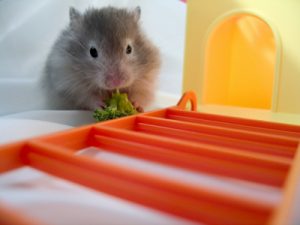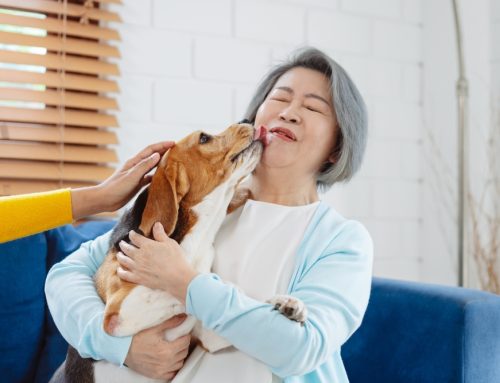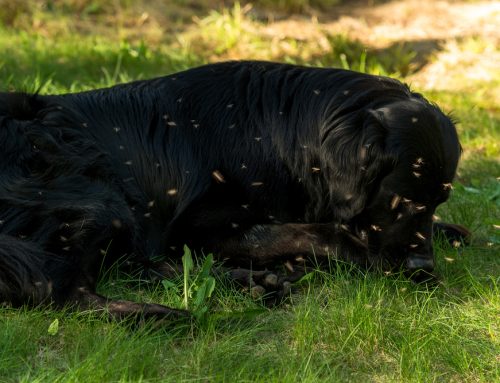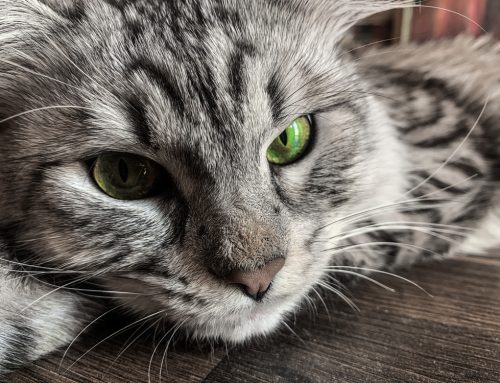 If you have a pocket pet (pets such as hamsters, gerbils, guinea pigs, and the like), you have probably come to realize that there is a little more to their care than you originally thought.
If you have a pocket pet (pets such as hamsters, gerbils, guinea pigs, and the like), you have probably come to realize that there is a little more to their care than you originally thought.
These furry little critters are capable of stealing our hearts just as much as any dog or cat, and they look to us in order to ensure that they are properly cared for. Use the following tips to be sure that you are providing the best possible care for your pocket pets.
-
Provide a secure, comfortable environment
Choose a cage large enough for your pet to move around and get some exercise. Make sure you take your little friend’s particular needs into account as well. A chinchilla might need a much taller cage so they can stand and jump, while a mouse requires much less room. Select a cage that can be disinfected easily and has a solid bottom. Your pet’s habitat should also be kept in an area away from predatory animals (including dogs and cats).
-
Select a cushy bed
Your pet will need clean, soft bedding in its environment so it can rest as well as nest. Many different types exist, so it can be hard to choose. Make sure your pet’s bedding is nontoxic, has no dust, is absorbent, and won’t be ingested. Also take into account your pet’s nesting needs. Be sure to change the bedding at least twice weekly and disinfect the cage weekly.
-
Be sure to encourage exercise and stimulation
Pocket pets need attention, too! Make sure their environment has plenty of hiding places and exercise “equipment” such as tunnels, balls, or wheels. Make sure these types of toys are made of durable materials that can’t be chewed and that your pet cannot become trapped inside. Provide special chewing materials for rodents who will need to chew to maintain their teeth.
-
Offer quality, balanced nutrition
All pets require fresh, clean water that is available 24 hours a day. Most pets (besides rabbits) do well with a sipper bottle hanging from the side of their enclosure. Most pets do well on commercial diets developed for their individual species.
Be cautious with pre-packaged treats, which may encourage unhealthy snacking. Instead offer fresh fruits or vegetables, as appropriate. Also, be aware of any specific nutritional needs your pet may have. Chinchillas and rabbits, for example, require additional plant fiber in their diets, while guinea pigs need vitamin C.
Pocket pets may be small, but they require a lot of care and knowledge! Be sure to bring them in to visit the veterinarian at least annually, and be sure to learn all you can about the individual species you have. Many of them do have special care requirements so that they can remain healthy. If you have any questions or concerns, do not hesitate to ask.






